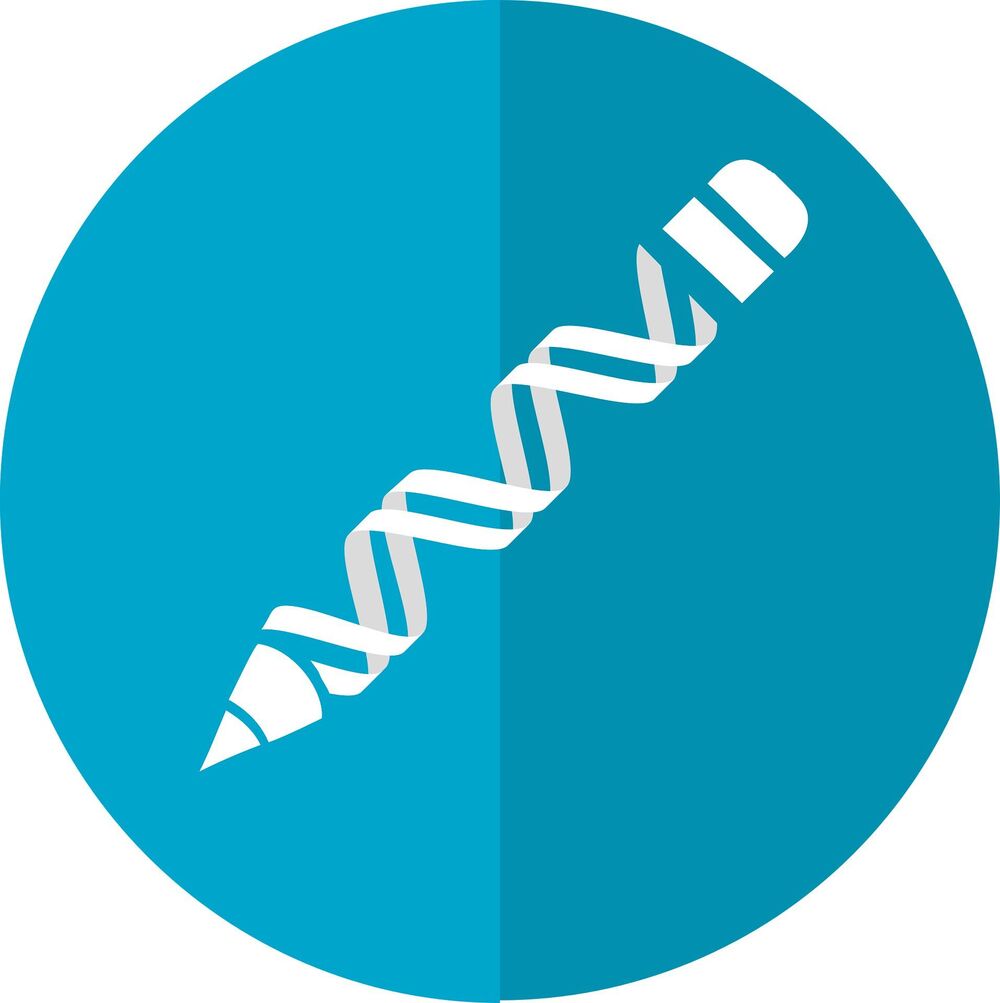Biotechnologists at Delft University of Technology have built an artificial chromosome in yeast. The chromosome can exist alongside natural yeast chromosomes, and serves as a platform to safely and easily add new functions to the micro-organism. Researchers can use the artificial chromosome to convert yeast cells into living factories capable of producing useful chemicals and even medicines.
Biotechnologists from all over the world are trying to engineer yeast cells and other micro-organisms such that they can produce useful substances. To do this, they have to make adjustments to the existing genetic material of the cell. For example, they insert a number of genes into the yeast genome using CRISPR-Cas9, or switch off existing genes, thereby gradually transforming yeast cells into ‘cell factories’ that produce useful substances.
The disadvantage of this method is that it is not possible to make all the necessary changes at once, but that several rounds of genetic manipulation are needed. This is time-consuming. Additionally, multiple sessions of DNA-tinkering using CRISPR-Cas9 can lead to mutations that disrupt (essential) functions. The result of this could be, for instance, that the metabolism of the cell is disrupted, causing problems with growth and division.
